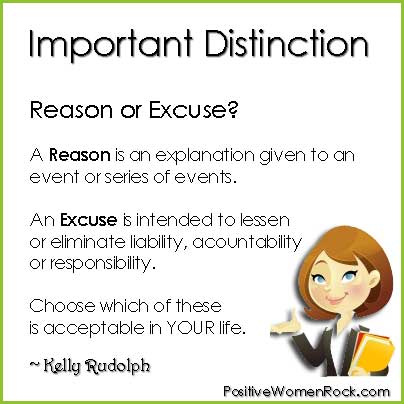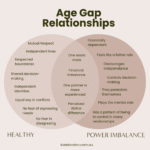We’ve all been there – caught in a situation where we need to explain our actions. But sometimes, the words that tumble out feel hollow, lacking genuine understanding or accountability. This is often because we default to excuses instead of explanations. Recognizing the difference between excuse and explanation is crucial for navigating life’s complexities with integrity and fostering meaningful connections.
This article will delve into the nuances of excuses and explanations, exploring their distinct characteristics and implications. We’ll examine how to identify each, understand their impact on communication, and ultimately cultivate a culture of accountability in our personal and professional lives.
Excuses vs Explanations
At their core, excuses and explanations serve different purposes. An excuse acts as a shield, deflecting responsibility and minimizing blame for unacceptable behavior. It offers a reason for wrongdoing without acknowledging the inherent fault. Conversely, an explanation seeks to clarify actions or events by providing context and understanding. It acknowledges what happened and aims to shed light on the motivations and circumstances surrounding it.
The key distinction lies in intent. Excuses are often self-serving, designed to protect oneself from criticism or consequences. Explanations, however, demonstrate a willingness to be transparent and accountable. They foster trust and open communication by acknowledging responsibility and offering genuine insight into one’s actions.
Defining Excuses

Excuses typically employ several common tactics:
- Shifting blame: Instead of taking ownership, excuses often point fingers at external factors or other individuals.
- Minimizing wrongdoing: Excuses downplay the severity of the situation, suggesting that the offense was insignificant or unintentional.
- Making justifications: Excuses attempt to rationalize unacceptable behavior by appealing to emotions, circumstances, or perceived inequalities.
For example, instead of admitting fault for missing a deadline, someone might excuse their actions by saying, “My computer crashed,” or “I had an emergency at home.” These statements deflect responsibility and avoid acknowledging the impact of their actions on others.
Understanding Explanations
Explanations, in contrast, prioritize clarity and transparency:
- Acknowledging responsibility: A genuine explanation starts with accepting accountability for one’s actions, regardless of the circumstances.
- Providing context: Explanations offer insights into the motivations, thoughts, and decisions that led to a particular outcome.
- Focusing on solutions: Instead of dwelling on past mistakes, explanations often propose steps to rectify the situation or prevent similar occurrences in the future.
For instance, instead of making excuses for missing a deadline, someone might say, “I understand that I missed the deadline, and I take full responsibility for that. My workload became overwhelming due to [specific reasons], but I should have communicated this sooner and sought support. Moving forward, I will prioritize my tasks more effectively and proactively communicate any potential delays.”
Importance of Accountability

Accountability is the cornerstone of ethical behavior and strong relationships. When individuals take responsibility for their actions, it fosters trust, respect, and a sense of fairness. Conversely, a culture of excuses undermines accountability, leading to resentment, conflict, and a lack of personal growth.
By embracing explanations over excuses, we demonstrate our commitment to integrity and self-improvement. It allows us to learn from our mistakes, build stronger connections with others, and create a more positive and accountable environment.
Effective Communication
The difference between excuse and explanation significantly impacts communication effectiveness. Excuses often lead to defensiveness, misunderstandings, and strained relationships. They create barriers to open dialogue and hinder the ability to resolve conflicts constructively.
Explanations, on the other hand, promote transparency and understanding. By clearly articulating our thoughts, motivations, and actions, we create space for empathy and constructive feedback. This fosters a culture of open communication where individuals feel safe sharing their perspectives and working together to find solutions.
Conclusion
Understanding the difference between excuse and explanation is essential for personal growth, effective communication, and building strong relationships. While excuses serve as shields to protect ourselves from blame, explanations pave the way for accountability, understanding, and meaningful connections. By consciously choosing explanations over excuses, we cultivate a culture of integrity, transparency, and mutual respect.



